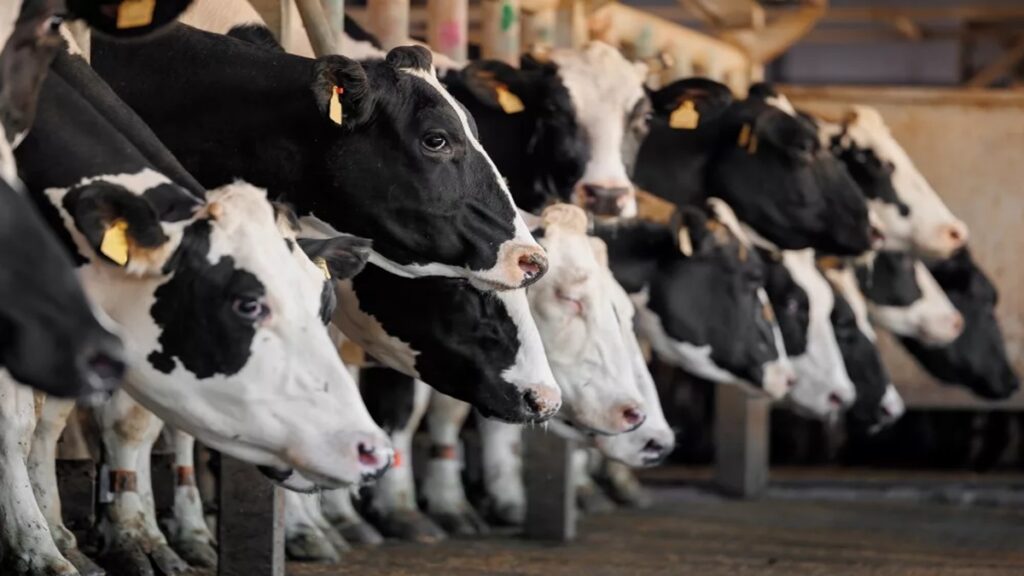Dairy cows from the Texas Panhandle in New Mexico and Kansas have reportedly been affected by a highly contagious virus that seems to be spreading rapidly amongst the herd.
Sid Miller (Texas Agriculture Commissioner) confirmed that based on reports from Agriculture Secretary Tom Vilsack and the U.S. Department of Agriculture’s Animal & Plant Health Inspection Service, the disease has been identified as avian influenza, also known as bird flu, belonging to the HPAI strain.
More details on the infected dairy cows
As per USDA (United States Department of Agriculture), unpasteurized milk samples were collected from the infected cattle in Kansas and Texas and sent for clinical testing. Also, reports have been made of dead birds being found on the farms. Based on the results, it seems that wild birds have introduced the virus.
Sid Miller said – “This presents yet another hurdle for our agriculture sector in the Texas Panhandle. Protecting Texas producers and the safety of our food supply chain is my top priority. The Texas Department of Agriculture will use every resource available to maintain the high standards of quality and safety that define Texas agriculture.”
Assuring the consumers, Miller further claimed – “There is no threat to the public, and there will be no supply shortages. No contaminated milk is known to have entered the food chain; it has all been dumped. In the rare event that some affected milk enters the food chain, the pasteurization process will kill the virus.”
Dairy cows that are down with the HPAI virus display flu-like symptoms with reduced milk production. Further, the milk produced is thick with a yellowish tinge to it.
Steps taken to tackle the virus
Dairy farmers are advised to consult with their veterinarian if they notice any symptoms of the HPAI virus such as fever, loss of appetite, milk discolouration and decreased milk production.
Miller stated – “Unlike affected poultry, I foresee there will be no need to depopulate dairy herds. Cattle are expected to recover fully. The Texas Department of Agriculture is committed to providing unwavering support to our dairy industry.”

The National Dairy FARM Program (NDFP) has also aided dairy farmers by providing them with proper biosecurity resources and tools to protect their cattle.
The disease has not been detected in beef cattle till now. Still, cattle producers are urged to enhance their biosecurity measures to keep them safe.

